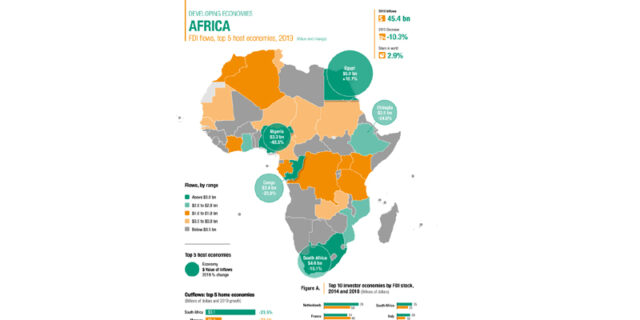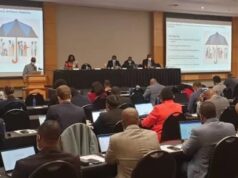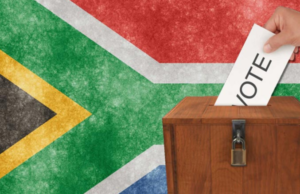
News Analysis
The pandemic and the post pandemic challenges of the world has been primarily health and health care related but how far African nations could move forward in bringing the citizens to near safety zone is yet to see tangible results. As many of the high-incomenations could vaccinate more than 40 percent of their population, the percentage of vaccinated people against the pandemic is abysmally low as 8%. It has been reported that Africa has fully vaccinated 77 million people which is just 7.5 percent of its population. In comparison, over 70% of high-income countries could vaccinate more than 45% of their people. To make matters worse, this low level of vaccination increase the risk that new variants could surface as the infection is not effectively contained in Africa.The continent remains the most under vaccinated in the world, with just over 10 per cent of its 1.3 billion people vaccinated with at least one dose.
The slow progress of health care will have a negative impact on the economic recovery of African nations which had just witnessed the worst economic recession happened in the last fifty years! It is estimated by the IMF that there would be a funding gap of between USD 130 billion and USD 410 billion between 2020-2023. This gap is so stark that it can prolong the recessionary trends in Africa, due to many factors including the health care related. Moreover, many donor countries who were laborious in helping African continent last several decades are all now grappled with their own geopolitical issues and there will be less attention to the continent from such nations who were a pillar of strength to Africa in meeting their economic challenges in the past.Business continuity, investment and revenue-generation prospects will likely be impaired by successive waves of infection and accompanying containment measures — threatening past gains in poverty reduction, improved health outcomes, and food security.
Though the ongoing conflict in the Central Europe as Ukraine is still under attach from Russia, will have less direct impact to the African nations, in the long term this could be a threat to economic recovery of African nations. It can also pose a long-term challenge as food and energy fuelled inflation to countries from the region.The emerging threats of stagflation require a two-pronged policy approach that combines short-term measures to contain inflationary pressures and medium-to-long-term policies that accelerate the structural transformation and create more and better jobs. In response to supply shocks, monetary policy in the region may prove ineffective to bring down inflation and other short-run options may be restricted by the lack of fiscal space. But it all depends on how the health care system come up with solutions to meet the chances of spread of the pandemic.
What are the immediate economic challenges if Africa? It has been estimated that the aggregate output in Africa would be slow against the backdrop of subdued investment and high uncertainty. Economic growth is estimated to firm up in 2022, to 4 percent from the 3.8 percent in 2021. This is particularly going to be a challenge as the roll out of robust response to the health care challenges are yet to be kept pace with many other countries. Moreover, the commodity prices and slow pace of investment flows would add further challenges to the expected economic recovery. Africa observed one of the slowest recoveries in the world in 2021, lagging average growth rates for the developing countries and the globe, which are estimated at 6.4 per cent and 5.5 per cent, respectively. To return to its pre-pandemic trajectory of output growth, Africa would need to grow by approximately 6 per cent in 2022-2023, which is as fast as South Asia. In per capita terms, real GDP levels are expected to remain below pre-pandemic levels through 2023, especially in southern Africa, representing a significant setback to development gains achieved before the pandemic.
Risks to regional growth skew down due to domestic and external factors There were several political turbulences in several African countries last year. Four military coups occurred last year, in Chad, Guinea, Mali and Sudan, and attempts were foiled in the Central African Republic, Madagascar and Niger. In Ethiopia, Africa’s second-most populous nation, civil war in the northern Tigray region since November 2020 has been a major surprise to the external world. Domestic risks from upsets in crop and livestock production also cloud the outlook. Extreme weather and conflict-related events may cause these disruptions and increase already elevated food prices, pushing up headline inflation. This crisis can affect the region badly as the inflation and the high prices of commodities would trigger another wave of cost push inflation for sure.
Despite these challenges, the silver lining is that Africa as a continent shows much more resiliency that ever before and nations are showing greater cohesion in dealing with both economic and health care challenges. The attempts to have common trading regime is a big source of progressive outlook and if that happens Africa would gain strength from internal co operation rather than external aid which is dwindling for its own reasons.











